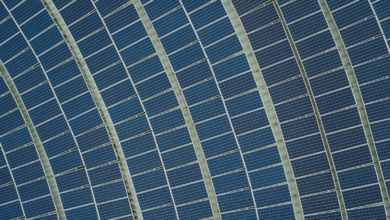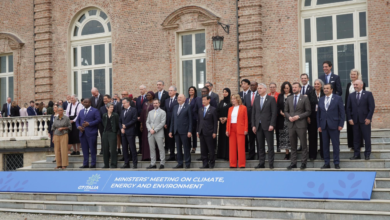For every euro of climate finance, 20 go into environmentally damaging subsidies
The oil & gas sector and agribusiness giants enjoy environmentally damaging subsidies that help them not to change business model
On the one hand, the flow of climate finance to counteract the effects of global warming continues to be undersized. On the other hand, environmentally damaging subsidies are growing. Fueling the causes of the problem. This is said by the numbers collected by Actionaid in his latest report “How The Finance Flows“. The dossier pitilessly compares the numbers that outline the extent of the (minimal) effort to stop the climate crisis and those that instead intensify it.
The picture that emerges tells that for every euro spent in fighting the climate crisis, there are 20 for activities that make it worse. The ActionAid note is hard: “Seven years after the Paris Agreement on Climate Change, the analysis of financial flows in 134 countries in the global South shows that the world’s leading private banks have invested a total of 3.2 trillion dollars in the expansion of fossil fuels, While 370 billion dollars are allocated in the form of loans and guarantees to industrial agriculture“.
Read also The abyss of climate finance: how are 100 billion spent a year?
Agribusiness and Oil & Gas are the areas on which the organization’s research focuses, because they are the ones that most contribute to warming the planet. ActionAid doesn’t back down, but he does say names and surnames. In the dossier, it indicates who buries the meager flow of climate finance under the substantial one of harmful subsidies. Among the banking groups mainly responsible for financing the fossil fuel sector and agribusiness are HSBC, BNP Paribas, Barclays, Citibank, JPMorgan Chase and Mitsubishi UFJ Financial. Needless to say, the headquarters of these giants are located in the USA, the EU, China and Japan. Bayer-Monsantohas benefited most from funding for industrial farming practices, and in the last 6 years it has obtained 20.6 billion dollars. It is the second-world producer of agrochemicals, which for Actionaid “contribute significantly to greenhouse gas emissions”.
Transforming energy and food systems is the key, according to the NGO, to overcome the crisis. To be serious in the search for solutions, in fact, it is not possible to try with shyness to treat the symptoms while at the same time promoting the causes.






